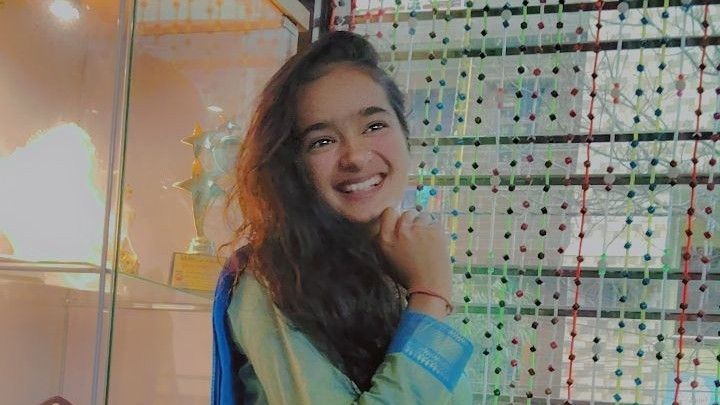
Hi there, my name is Jayshree, and I am attending National Medical College in Bangladesh to pursue my MBBS. You may be asking why am I studying medicine in Bangladesh when the majority of Indian students are going to Kyrgyzstan, Russia, and Ukraine. Let me share my story with you. I went to Russia and got enrolled in a Russian university before moving to Bangladesh. After reaching Russia, I came to know that it wasn't a legitimate university. A one-storey building housed their whole medical college. Apart from that, there was no hospital where students could receive practical education. Additionally, the country was, and still is, at war with Ukraine.
Cultural norms in Bangladesh
Now that I'm in Bangladesh, I had a huge culture shock, especially considering how different the social norms are in a predominantly Muslim country. In contrast to India, the environment in Old Dhaka made me rethink what I wear in my day to day life. At first, it felt wrong to be in the market wearing a t-shirt because the locals prefer more traditional clothing. I therefore started dressing in salwar kameez and a dupatta, which have now become a regular part of my wardrobe.
Additionally, I've noticed the distinct dynamics in gender interactions here. For example, in classrooms, boys and girls maintain a respectful distance, which creates a different environment and respect for one another.
Over time, I've formed friendships and adapted to these cultural practices, leading to an enjoyable and friendly classroom experience.
Adapting to life at National Medical College
I chose National Medical College because it is the oldest and one of the most esteemed medical institutions in Dhaka. As the first medical college established in the city, it has a strong reputation for excellence in education. The curriculum here is quite similar to that of medical schools in India.
However, it’s important to note that extracurricular activities, such as concerts and social events that are common in private universities, are limited. The focus is mainly on academics, which can be quite intense due to the rigorous demands of medical training.
So in my early days at National Medical College, my local Bengali friends played a part in helping me adapt to the classroom environment. Since many of the lectures were conducted in Bengali with occasional English, I initially struggled to understand. However, my Bengali classmates generously translated the lectures and shared notes, creating a welcoming and supportive atmosphere for me.
Overcoming challenges
Regarding the academic challenges, while the content itself wasn’t too difficult, the frequency of exams was quite demanding. After each chapter, we are required to take a viva exam within two or three days. These are mandatory to pass in order to qualify for the professional exams. Once 10 viva exams are completed, we then have to give a comprehensive exam covering all topics, including written, practical, and viva.
As for the language barrier, I am gradually becoming more comfortable with Bengali. Interestingly, many Bengali teachers and students also understand Hindi, thanks to Hindi TV serials. This has made communication easier, and for them to understand us in a better way.
When it comes to living expenses, food, and language barriers, there have been some challenges, but I've managed to adapt over time. Living in the hostel has eased the issue of accommodation costs, so that’s not a major concern. However, as a pure vegetarian, finding suitable food was initially difficult. Fortunately, the supportive college staff, including the principal, arranged a cook for me who prepares meals that suit my dietary preferences. This has made food less of a challenge.
Life after political unrest in Bangladesh
Now when I think about the recent political unrest, Bangladesh is gradually returning to normalcy, and fortunately, we aren't facing any significant issues. For safety reasons, the college has advised us to limit unnecessary outings, but beyond that, everything is running smoothly. There are no ongoing problems, and life here feels safe and stable once again.
The author is currently in the first year of MBBS at National Medical College, Dhaka, Bangladesh